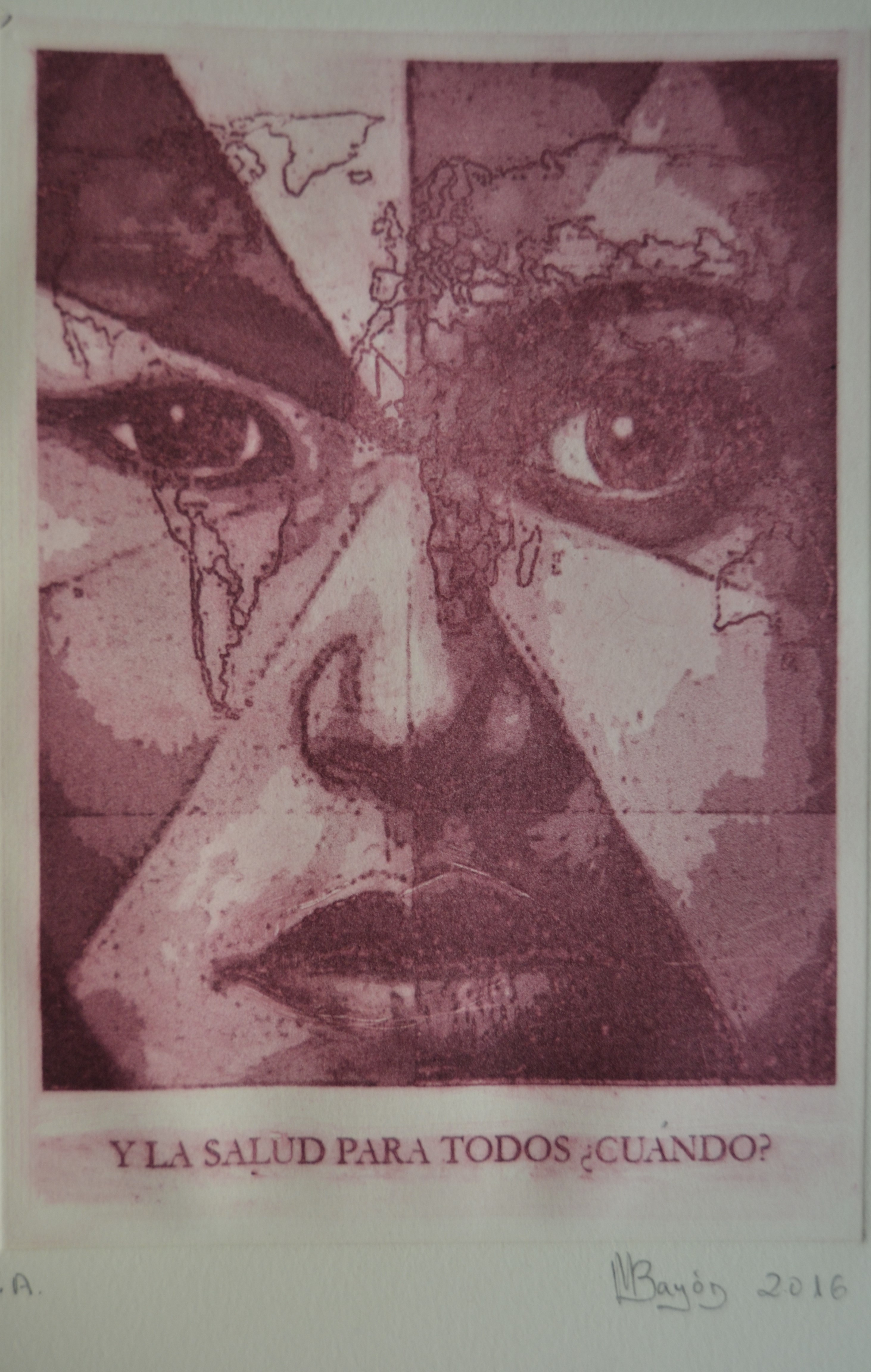The line. Notes on nihilism in the epistolary exchange between Ernst Jünger and Martin Heidegger.
Main Article Content
Abstract
In the fifties of the last century there was an epistolary exchange between Martin Heidegger and Ernst Jünger that was the most profound analysis of nihilism as a diagnosis of our time. Jünger proposes the overcoming of nihilism and Heidegger, thinks nihilism as the process by which the truth of Being has been hidden, forgetting its essence. In order to overcome nihilism, it must first be understood in its essence as an event that belongs to the history of Being, in the epochal openings of metaphysics.
Downloads
Article Details

This work is licensed under a Creative Commons Attribution-NonCommercial-NoDerivatives 4.0 International License.
Authors retain ownership of copyright and reproduction rights.
Authors may make other independent and additional contractual arrangements for non-exclusive distribution of the version of the article published in this journal (e.g., inclusion in an institutional repository or publication in a book) as long as they clearly indicate that the work was first published in this journal.
Authors are allowed and encouraged to publish their work on the Internet (e.g. on institutional or personal websites) after the review and publication process, as it may lead to productive exchanges and to a wider and faster dissemination of the published work.
References
Cuasnicú, R. F. Jünger y lo político. Buenos Aires, Prometeo, 2014.
De Sá, A. A política sobre a linha: Martin Heidegger, Ernst Jünger e a confrontação sobre a era do niilismo. Covilhã, Luso Sofia Press, 2008.
Estrada, J.A. "La crisis axiológica y el nihilismo de Heidegger", en Pensamiento, 74, 2018, pp. 549-565.
Hervier, J. Conversaciones con Ernst Jünger. México D. F., Fondo de Cultura Económica, 1990.
Heidegger, M. ¿Qué es metafísica? Madrid, Alianza Editorial, 2018.
Jünger, E. Tratado del rebelde. Buenos Aires, Sur, 1963.
Jünger, E. Tempestades de acero. Madrid, Fermín Uriarte, 1965. Jünger, E. Eumeswil. Barcelona, Seix Barral, 1977.
Jünger, E. El trabajador. Dominio y figura. Barcelona, Tusquets, 1990.
Jünger, E. Sobre el dolor. Seguido por La movilización total. Barcelona, Tusquets, 1995.
Jünger, E.; Heidegger, M. Acerca del Nihilismo; Sobre la línea (E. Jünger); Hacia la pregunta del ser (M. Heidegger). Barcelona, Paidós, 1994.
Porcel, D. "El lugar de la libertad en las sociedades nihilistas", en Brocar, 33, 2009, pp. 263-283.
Roldán, D.P. "Tecnoanthropos o el trabajador-soldado. Guerra, técnica y domesticación humana en la obra de Ernst Jünger (1920-1933)", en Revista de Filosofia, 18 (22), 2006, pp.111-146.
Sánchez-Meca, D. El nihilismo. Madrid, Síntesis, 2010.
Severino, E. Il destino della tecnica. Milano, Bur, 2009.
Tatián, D. Desde la línea. Dimensión política en Heidegger. Buenos Aires, Alción, 1997. Volpi, F. El nihilismo. Madrid, Siruela, 2012.
Von Krockow, C. G. La decisión. Un estudio sobre Ernst Jünger, Carl Schmitt y Martin Heidegger. Madrid, Tecnos, 2001.

